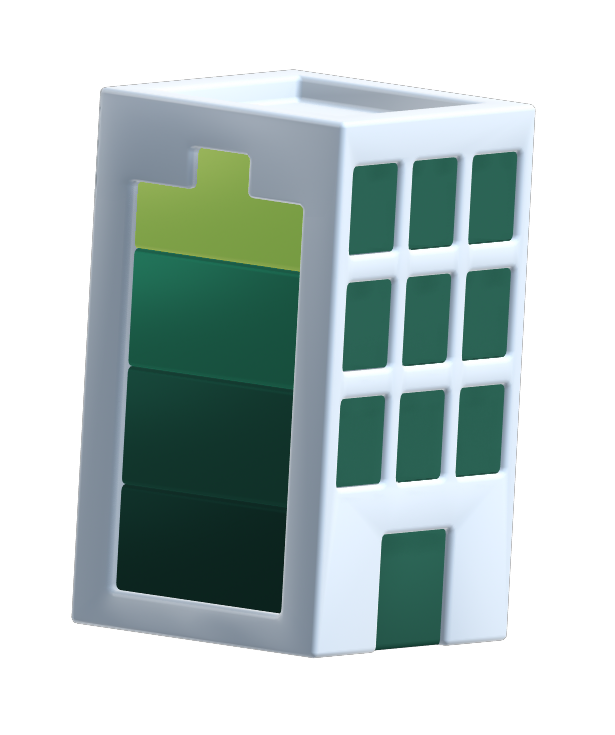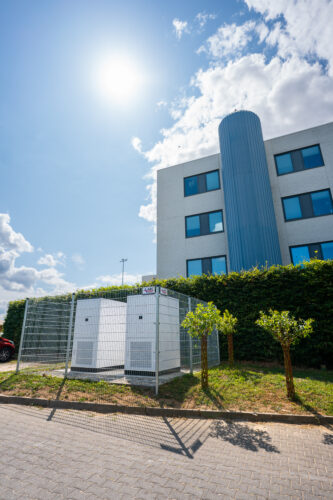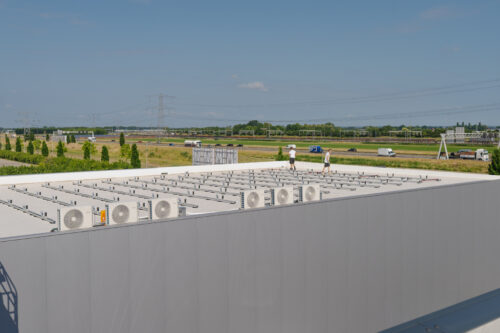We investigate this together. We do an analysis of your consumption, generation (if any), the connection and your business activities. On this basis, we determine whether a battery has added value, and if so: how big and where placed.

You often generate more during the day than you consume. Instead of feeding it back to an overloaded grid, you store that power. That way, you can use your own energy in the evening or at peak times.
At peak consumption, you often pay unnecessarily much, or run into the limit of your grid connection. A battery absorbs these peaks and ensures that you stay within your contract capacity. Especially in regions with grid congestion, this is crucial.
Energy prices fluctuate by the hour. By smartly charging during cheap times and discharging when tariffs are high, you reduce your energy costs. The software does the work, you automatically benefit.
Energy demand is growing. With a battery system, you are prepared for that growth. Whether it's charging infrastructure, expanding your premises or changing regulations. It gives you flexibility and peace of mind.
A battery system gives you control over your energy. You use your own generated power when it is most beneficial to you. You avoid peak loads, reduce your grid costs and become less dependent on fluctuating tariffs or grid congestion. Especially if you already have solar panels, a battery is often a logical next step.
Yes, even then it can be attractive. For instance, if you are facing peak consumption, are in a grid-constrained area or want to respond to dynamic energy tariffs. A battery makes you more flexible in how and when you purchase and use power.
This varies. Some systems are no bigger than a large cupboard, others take up a separate technical room. We match the size and power to your consumption, space and future plans. Compact where possible, powerful where necessary.


